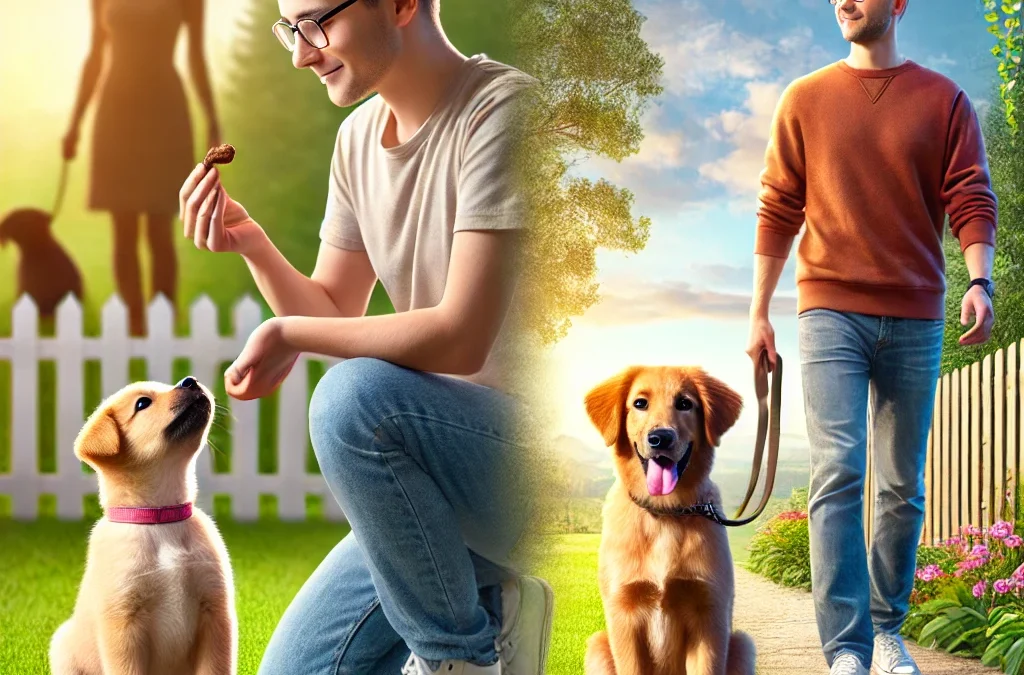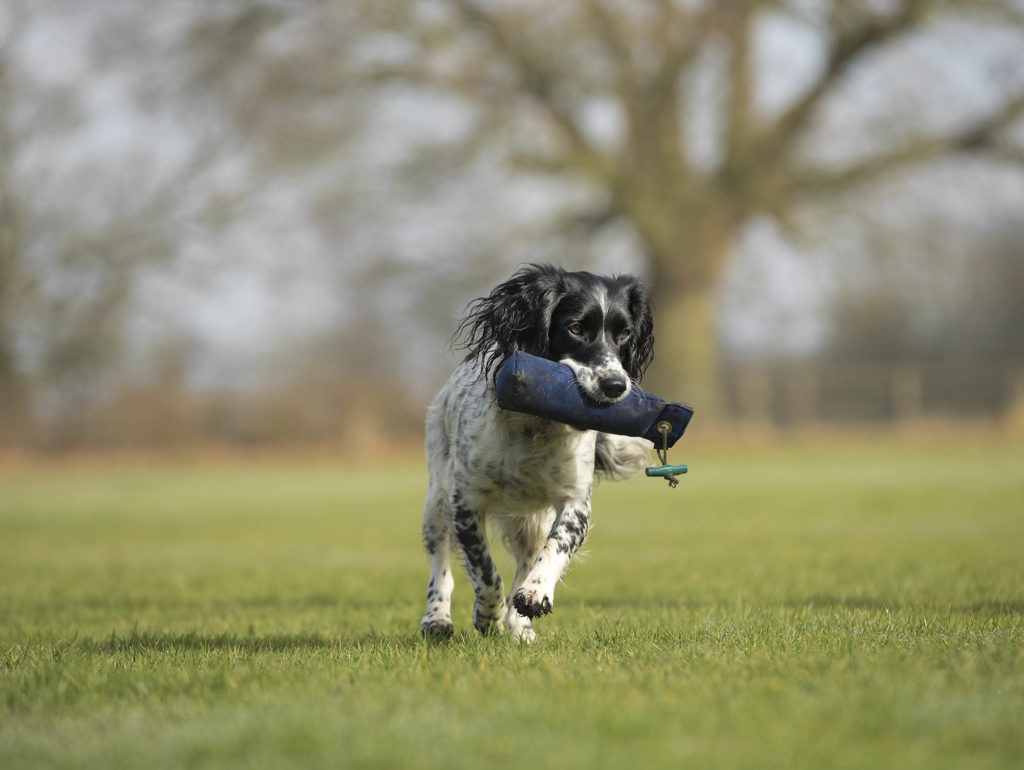Why Puppy Training is Just the Beginning
Introduction
You’ve completed the six-week puppy training course. Your pup can sit (most of the time), and you might be tempted to think, “We’ve made it! The hard part is done.” But let me tell you why puppy training is just the beginning. Think of it like sending your child off to kindergarten and deciding that’s enough education for a lifetime. Dogs need years of investment to become well-mannered members of the family.
1. Why Puppy Training is Just the Beginning
Training a puppy is like raising a child (minus the school runs). Puppies go through different developmental stages, and just like kids, they keep learning even when you think training time is over.
Here’s why puppy training is just the beginning:
- Developmental Changes: Dogs go through “teenage phases” just like humans.
- Reinforcement of Good Behavior: Prevents slipping back into bad habits.
- Mental Stimulation: Keeps their brain engaged and avoids boredom-based issues.
Recap: A six-week course is only the start—dogs need continuous training to stay well-mannered.
2. Common Mistakes Owners Make After Initial Training
It’s easy to take a break after the first course, but here are some common pitfalls:
- Thinking the Basics are Enough: Sit and stay are just the beginning.
- Lack of Time: Life is busy, and finding time for training can be tough.
- Expecting Immediate Results: Puppies don’t always get it right the first time.
Recap: Don’t give up too soon—puppies need ongoing reinforcement to keep up their good behavior.
3. The Challenges of High-Energy Gundogs in Busy Families
Gundogs are gorgeous and loyal, but they’re bred for serious jobs, which means a lot of energy. Before bringing one into a busy household, consider these challenges:
High-Energy Demands
Gundogs like Labradors and Spaniels were bred to spend hours retrieving game. They need a job to do and won’t be satisfied with a quick walk around the block.
Time Constraints for Families
If you’re juggling young children and a career, meeting a gundog’s needs can be overwhelming. They require more than the average family dog.
Potential Problem Behaviors
Without adequate exercise and mental stimulation, gundogs can develop:
- Excessive barking
- Hyperactivity
- Destructive chewing
Recap: Gundogs are high-maintenance companions, and if your family can’t meet their demands, consider a breed better suited to a laid-back lifestyle.
4. What Happens if You Stop Training?
Stopping training too soon can lead to:
- Slipping Behaviors: Sit and stay might start to fall apart.
- New Problem Behaviors: Without guidance, dogs can develop habits like pulling on the lead or jumping up.
- Frustration for Both of You: An untrained dog leads to stress and miscommunication.
Recap: Regular training keeps both you and your dog happy, helping avoid setbacks and new issues.
5. Benefits of Ongoing Training
Continuing training isn’t just about teaching new tricks. It helps:
- Strengthen the Bond: You and your dog understand each other better.
- Prevent Behavioral Issues: Regular sessions keep bad habits from forming.
- Provide Mental Stimulation: Keeps your pup’s brain active, which is especially important for gundogs.
Recap: Ongoing training creates a happier dog and a stronger, more trusting bond.
Conclusion: Think Long-Term
Training doesn’t stop when your puppy finishes the first course—it’s a lifelong process. So, grab some treats, set aside time for regular sessions, and enjoy the journey of helping your dog become the best companion they can be.
Ready to invest in your pup’s lifelong education? Reach out to us for advice on ongoing training or to find out more about breeds that suit your family’s lifestyle. Training isn’t a sprint—it’s a marathon, and we’re here to help you every step of the way!
Gundog Training Courses
Have you got a gundog breed at home? Would you like to train him/her for the shooting field, or would you just like to train your dog to a high level? I can help with these scenarios.
Puppy Training Courses
When you first bring a puppy home it can be very exciting but daunting all at the same time, so I am on hand to come and guide you through those key canine development stages to ensure that your puppy grows up to be well-mannered.



